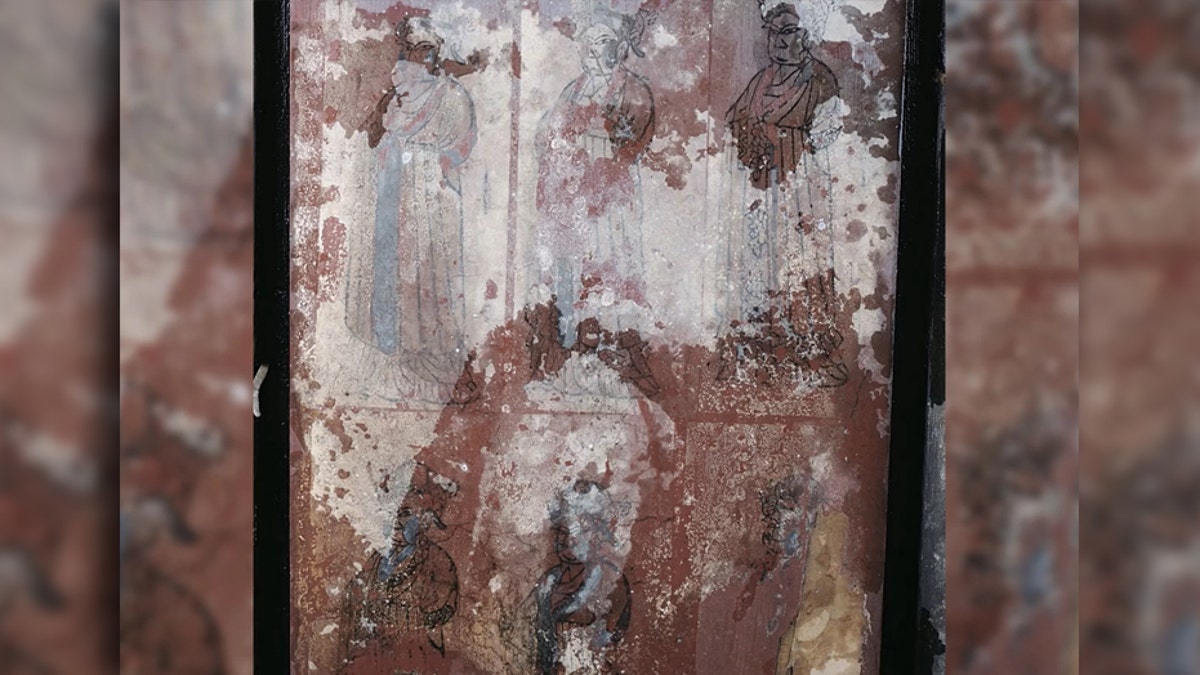
Archaeologists in China have uncovered the tomb of a 900-year-old preserved skeleton nicknamed the "Grand Lady." The remains of the body were uncovered in a water-filled coffin within a tomb at Tieguai Village in China.
The skeleton was buried with various other artifacts, such as a model house with miniature furniture inside and a silver pendant decorated with dragons. A sign found on the coffin said the tomb belonged to the "Grand Lady" who lived in "Ankang Commandery." While her actual name was difficult to read on the sign, the archaeologists believe it could be née Jian, LiveScience reports.
"The skeleton [of the Grand Lady] is essentially preserved, complete with fingernails and hair," the team wrote in the Chinese Cultural Relics journal.
'CRAZY' ROCKY SURFACE OF ASTEROID RYUGU REVEALED IN MASCOT LANDER IMAGES
One indication of the Grand Lady’s age came from the 200 bronze coins located within her coffin produced between roughly A.D. 713 and A.D. 1100. The archaeologists said she probably died around A.D. 1100. This clue made sense since that time period marked the Song dynasty when culture and art prospered in the region.
The Grand Lady had ornate style as she was found wearing silver and gold hairpins on her head, silver bracelets on her arms, and a string of 83 bronzed coins on her abdomen. Beneath her right hand were the remains of two zongzi or what was left of two rice dumplings.
She was also buried with other grave goods and many small replicas of real-life objects. Within her tomb, there were 10 female figures wearing masks and playing musical instruments. Portraits were in her coffin which were likely of the Grand Lady wearing different clothes and accessories.

85 MILLION-YEAR-OLD SEA MONSTER FOUND IN KANSAS
The discovery is fascinating because many artifacts were still housed within the tomb. Oftentimes, tombs are looted by robbers such as the one found next to the Gray Lady that was likely one of her family members, according to the archaeologists.
Both tombs were unearthed between June and September 2014 by an archaeological team from the Nanling County Cultural Relics Administration and Anhui Provincial Institute of Cultural Relics and Archaeology.








































